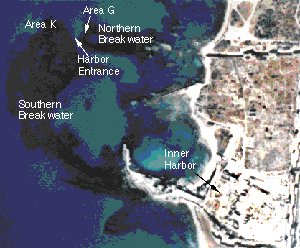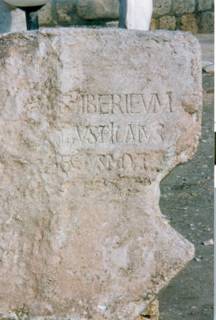It is always interesting to know what friends are reading. I thought that if I shared that information about myself from time to time it might help you to know me a bit better.
First, I must say that my reading, apart from that in my area of professional interest in theology, ranges rather widely. I usually have several books on the go at a time. When I know the context of the material I am not always intending to read a book from cover to cover. Often I want only to read a section or a few chapters to satisfy a particular interest. (Of course, this is all apart from my occasional binges of escapism into the realm of the mystery novel. When one of those moods hits me I will sometimes read half a dozen in a row until the urge passes.)
At the moment I am finishing up two books on Jazz (Jazz 101: A Complete Guide to Learning and Loving Jazz by John Szwed and The History of Jazz by Ted Gioia). I am not a musician. I read with genuine interest but I often find that the details do not stick well in my mind. Sometimes I mix up the horn players with the percussionists. Sometimes I remember fascinating biographical trivia only to realize later that I am no longer sure who the story was about. Oh well, I will keep at it. This interest is one I have acquired more recently than some others with which I also struggle.
In the realm of history I also have two books on the go. I am rereading The Head of the Lake by C. M. Johnston which chronicles the opening up of the western end of Lake Ontario for settlement. Originally published in 1957, and revised in 1966, this book, though interesting, has a dated air about it that is quite quaint. The other historical book that I have on the go is Voice of the Vanishing Minority: Robert Sellar and the Huntingdon Gleaner, 1863-1919 by Robert Hill. This chronicle of the tensions experienced by the anglophone settlement in the Chateauguay Valley south of Montreal explores the roots of the language tensions that still predominate in that part of the world. The interest of this to me is that I grew up in Huntingdon, Quebec, and the Huntingdon Gleaner, still edited by members of the Sellar family, was the local weekly newspaper of my childhood.
For the past week or so I have also been reading the lengthy daily installments of "The Life and Death of Morris Lax" in the Hamilton Spectator. Authored by Hamilton journalist and historian Wade Hemsworth, this series explores the life and the unsolved 1992 murder of a Hamilton scrap metal dealer named Morris Lax. I didn't intend to read this series but I got drawn in by the first couple of installments that chronicled the torturous circumstances of Polish Jews before and during the Second World War. The story is a powerful reminder of how such events permanently shape the lives of those who experience them. (I am assuming that this material will, at some point in the future, be revised for book publication.)
My times for reading are inserted sporadically into a typical day. Some of my most enjoyable hours of reading are ones spent immersed in a hot tub of water in the quiet of the evening. The only condition for bathtub reading is that I select a book with an adequate sized print so that I can enjoy it without the need for glasses which are a nuisance in the tub. (We have this neat bathtub that on command gives forth with soothing jets of water. However, I rarely sample that feature because it creates far too much steam and the bubbling water soon splatters any book that gets anywhere close.)
What's next on my reading list? According to my moods probably one or more of the following that have been beckoning for awhile: Political Visions and Illusions: A Survey and Critique of Contemporary Ideologies by David T. Koyzis (who happens to be a member of the local community and a personal friend), A Primer on Postmodernism by Stanley Grenz (this would be a reread but I certainly didn't digest it all the first time through a couple of years ago), or maybe even Writing the Modern Mystery by Barbara Norville (perhaps as a prelude to dragging out that old mystery story outline that I take out and ponder before refiling every other year). Well, whatever it turns out to be, I have no lack of material from which to choose - nor is there much likelihood that all of a sudden I will give up on reading.







